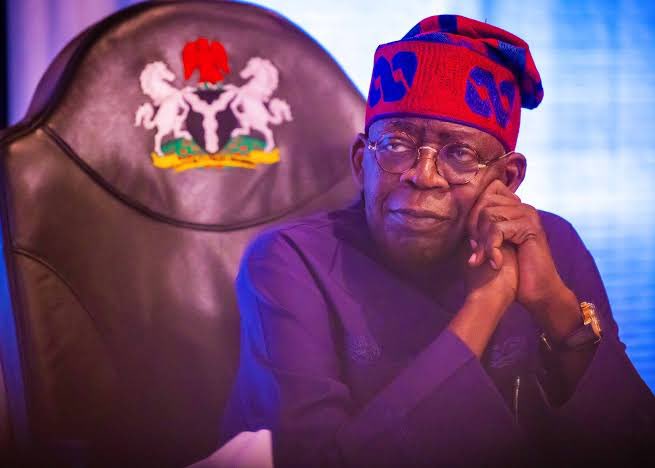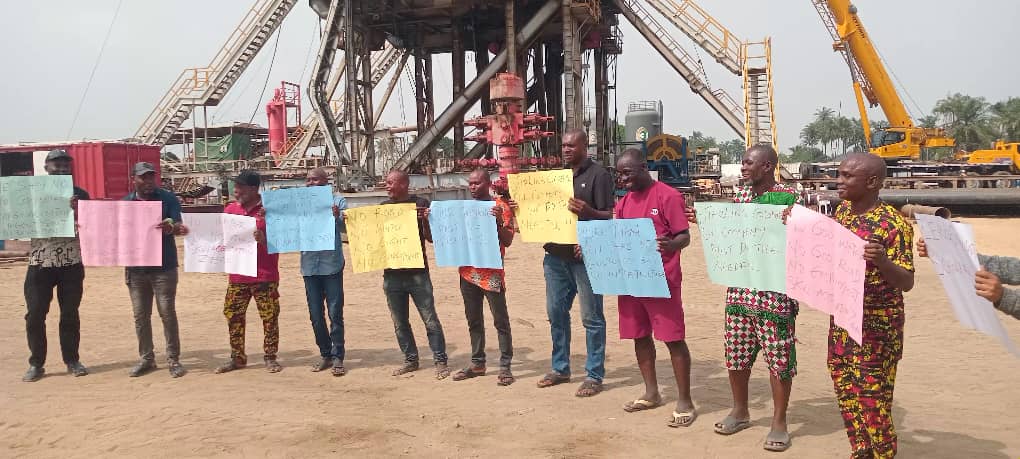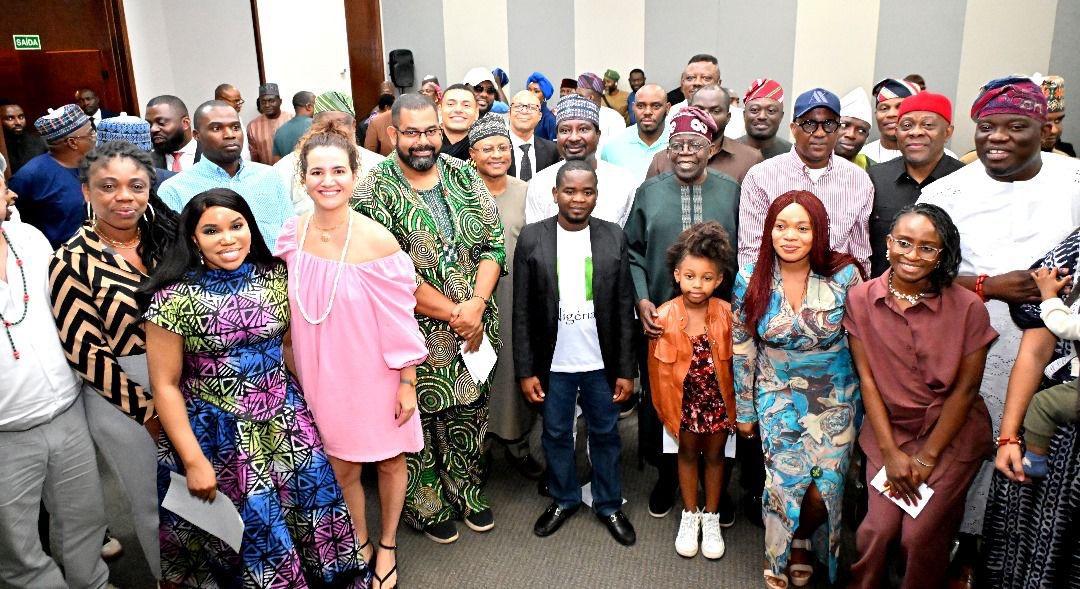Ade Olu
The recent implementation of broad-based tariffs by President Donald Trump has ignited significant global concern and economic turbulence.
Effective April 5, 2025, the U.S. imposed a 10% baseline tariff on all imports, with higher rates for specific countries – 34% on Chinese goods starting April 9, and 25% on imports from Canada and Mexico.
Core Truth engaged a financial expert, Ndudim Rowland Anitche to dissect the issues surrounding the new tariff regime and their implications for Nigeria and indeed African continent.
Anitche is a former banker and currently the Chief Executive Officer (CEO) of Rugon Capital Limited, a registered limited liability company in Nigeria that is into financial consulting, research, investment advisers, business development, risk management and general contracts.
Excerpts
Core Truth: What does the broad-based tariffs implementation mean?
Anitche: The broad-based tariffs for countries is a form of ‘Global Resst’, to change the “Rules of Global Trade”. This is akin to the cessation of the Gold-Dollar Exchange Standard on August 15 1971 by Richard Nixon, which riled and spooked markets. Personally, I will tag it “The Trump Effect” some might call it “The Mara-a-lago Effect” after Stephen Miran, Trump’s current head of Economic Advisers posted an oped “A User’s Guide To Restructuring Global Trading System” in November, 2024.
Core Truth: How do you think that will impact global economy?
Anitche: It’s not a surprise to me global stock markets commodities and crypto markets have taken a big hit considering how fragile and interconnected the global markets are with systemic and structural challenges like global logistics or supply chain to outdated, slow and high cost of the payments systems (currently upgraded to faster and cheaper system through blockchain payments solutions, which Trump approved through an Executive Order dated March 25,2025 Modernizing Payments) overleverage (unsustainable debts) of nations, companies and individuals, over-valuation of assets and stocks (asset bubbles) and threats of liquidity and withdrawal of funds in the markets as clearly spelt in Financial Stability Reports of IMF in 2022 which still persist.
Core Truth: Do you agree that this could trigger potential global slowdown?
Anitche: Since after the Global Financial Crises in 2008, the world has experienced a depressed GDP growth rate of not more than 3%p.a with cycles of recession along the way. Another repeat of recession has long been in the works, a pointer to this was a massive selloff of stocks by very wealthy and financial mavens, individuals and a good number of CEOs of unicorn companies, which the mainstream media suppressed and downplayed its significance. Hopefully this recession will reboot, recalibrate and jump-start global trade for higher growth over and above 6% annual GDP.
No country isolated from effects
Core Truth: Alright, many commentators have said that the ripple effects could significantly impact Nigeria and Africa. What’s your view?
Anitche: No country is isolated from the ripple effects of global shocks, same for Nigeria and the Continent, rather countries with positive or surplus balance of trade receipts, very high foreign reserves inclusive of gold reserves a haven asset will act as buffers to withstand these shocks.
Core Truth: Do you foresee a trickle-down effect on Nigeria’s inflation or exchange rate due to shifts in global trade patterns.
Anitche: The Trump Administration has never hidden its desires to see a reduced price of crude oil to address cost push inflation. We have witnessed a steady decline in price to current levels of below $70. Unfortunately for Nigeria, this current price level is below the nation’s budget benchmark of $75 per barrel. Reduced earnings from crude oil sales places a huge burden on foreign reserves to defend the naira and fund the budget. The good news however is that its citizens will have a relief in reduced price of PMS, AGO and cooking gas, even though this is yet to impact on transportation cost.
Diplomatic approach needed
Core Truth: What urgent measures do you advise the Nigerian government to take in response to this development?
Anitche: A backdoor diplomatic approach as allies and friends with the US should be adopted in which the Federal Government should raise its team of trade representatives with the Minister of Finance as head of the delegation, Minister for Trade & Commerce and Foreign Affairs as members to engage, discuss and renegotiate the tariffs with their US counterpart in a bid to have a more favourable terms of tariffs rather than engage in open confrontation.
The Nigerian Government through the Central Bank of Nigeria should as a matter of urgency increase its Gold Reserves from its current stock of 21.5tonnes as contained in the World Official Gold Holdings of December 2024 to over and above 500 to 1,000tonnes of Gold as an insurance, a safe haven and alternative to building foreign reserves (US Dollars) whose value has greatly diminished in value through inflation compared to Gold.
Gold price currently at $3,008, will continue its upward movement based on its reclassification as a Tier One asset by Bank for International Settlement (BIS) since 2019. This means that Gold is now liquid cash geopolitical conflicts, seen as a potential source and remedy to address global debts and liquidity.
The Trump’s administration has touted that it seeks to re-monetize its assets, even though it has not mentioned any particular asset, with about 74.9% of US assets in gold and currently having the highest gold reserves of 8,133.5tonnes according to World Official Gold Holdings as at December 2024. This gives the country the impetus to opt for Gold as the asset to remonetize and reset the price of an ounce of Gold at a higher price over and above $10,000 an ounce.
The aim of America is to revalue gold to a price higher than the current market value to achieve certain results including increasing the value of its asset to offset its debts obligations, reducing budget deficits and increasing its revenues, as well as providing liquidity for global markets.
Indeed, the tariffs has come as a roller-coaster for nations.
This “Global Order” is a repeat of indelible geopolitical order which occurred in 1944 when Bretton Woods was introduced, and in 1974 (fifty years ago) when the Petrol backed Dollar Regime was introduced.
The economic order is being unveiled and set in motion with the political order via the Foreign Policy of the Unit introduced by its Secretary of State Marco Rubio in Colombia this year.
This is indeed a clarion call and a main menu for African leaders, their economic think-tanks and policy bureaucrats to deeply ponder and digest, in a bid to reposition the continent through well thought-out policies and programmes as active players and no longer as spectators in time past when we were naive and ignorant as colonies.






Thanks for shening. I read many of your blog posts, cool, your blog is very good.